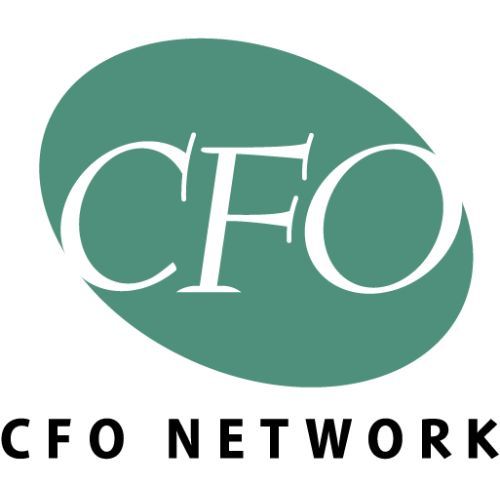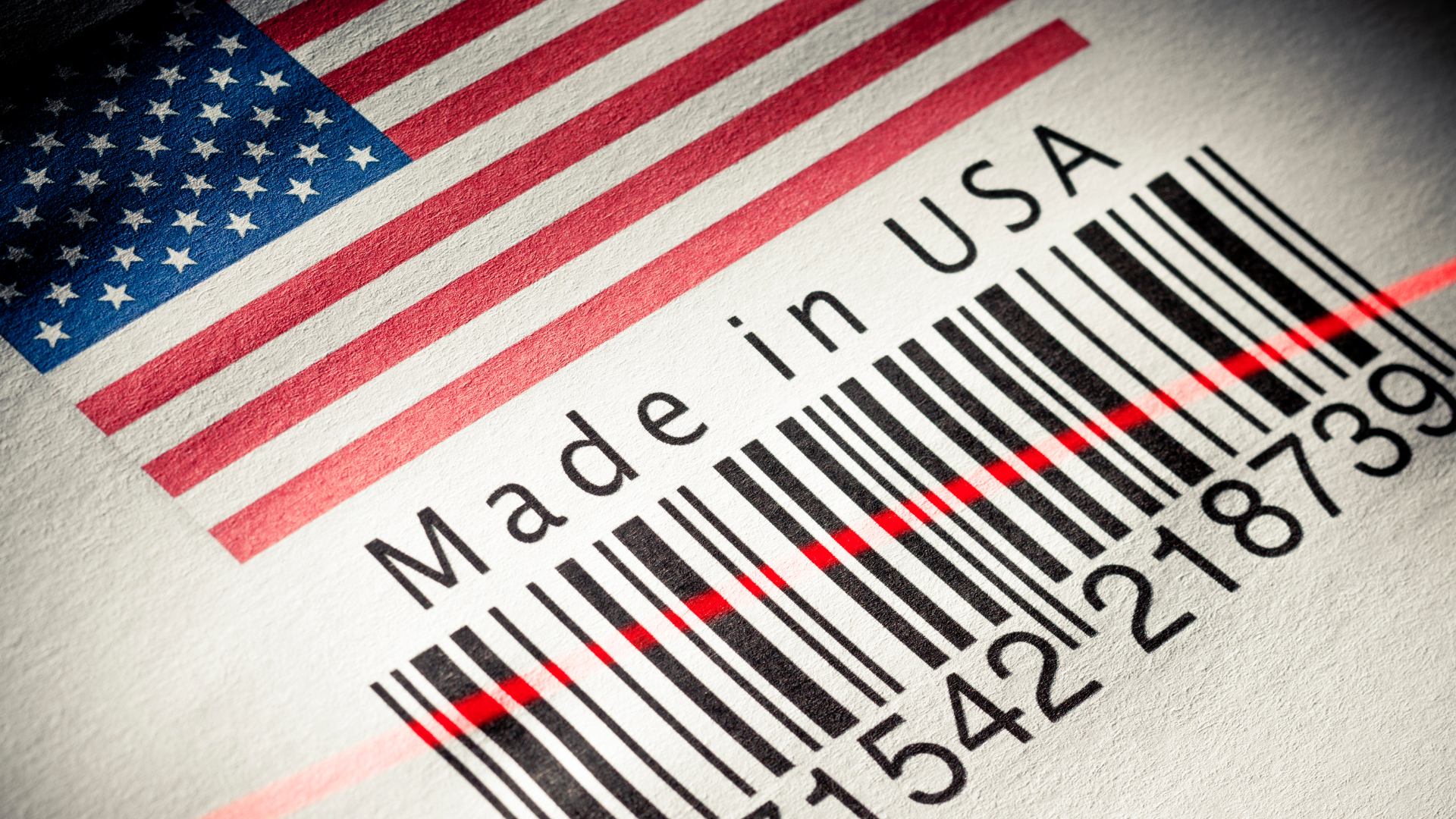Six Smart Moves to Minimize Risk and Strengthen Your Business Amid Global Trade Shifts
As new tariff policies make headlines and global trade tensions rise, many small and mid-sized business owners wonder how to protect their bottom line. Whether or not your business is directly impacted today, you or your supply chain will soon feel the ripple effects.
A proactive strategy—not panic—is the best response.
Let's break down what small business owners can expect and how to prepare for what's ahead.
What's Going On with Tariffs?
Tariffs are government-imposed taxes on imported goods. When applied, they increase the cost of those goods, often forcing businesses to raise prices, absorb expenses, or find alternative suppliers. Recent policy shifts affect everything from electronics to raw materials.
Your suppliers or customers might be, even if your business isn't directly importing goods. That puts you at risk for higher costs, supply delays, or lost sales.
Six Strategies to Protect Your Business from Tariff Risk
Review Customer Impact: Are your customers likely to be affected? For example, if you serve businesses that rely on exports, retaliatory tariffs may hurt their sales and ability to buy from you.
Build a Financial Cushion: When uncertainty is high, liquidity is key. Stockpile cash, avoid significant capital outlays, and consider paying down debt. This financial flexibility will help you weather slower growth or sudden changes in demand.
Stay on Top of Costs and Margins: If costs rise and you don't adjust your pricing, your profit margins will shrink. Make sure you plan to adjust your pricing, renegotiate terms, or cut costs in other areas to preserve cash flow.
Buy Ahead: If certain materials or products risk becoming more expensive due to tariffs, consider buying in bulk now. Stockpiling can buffer you while prices stabilize or policy becomes clearer.
Shift to Domestic Suppliers: Review your sourcing strategy. Are there competitive domestic options? Even if the upfront cost is higher, stability and predictability may outweigh the volatility of international sourcing.
Evaluate Your Supply Chain: Just because you're not importing directly doesn't mean you're immune. Talk to your vendors. Do tariffs impact them? Are they planning to raise prices? Understanding your exposure early can help you plan accordingly.
What the CFO Network Recommends
While international trade policy may shift rapidly, the fundamentals of good business strategy remain constant. Our strategic finance clients are already safeguarding their supply chains, strengthening financial reserves, and maintaining agility.
If you're unsure how tariffs might affect your business—or what steps make sense in your situation—we're here to help. From cash flow planning to scenario modeling, our team can help you build a financial strategy that protects your growth.
Want to Be Proactive? Let's Talk.
CFO Network offers free consultations to help small business owners assess their exposure to tariff-related risks and build innovative financial plans to stay ahead.
Schedule a call today.








